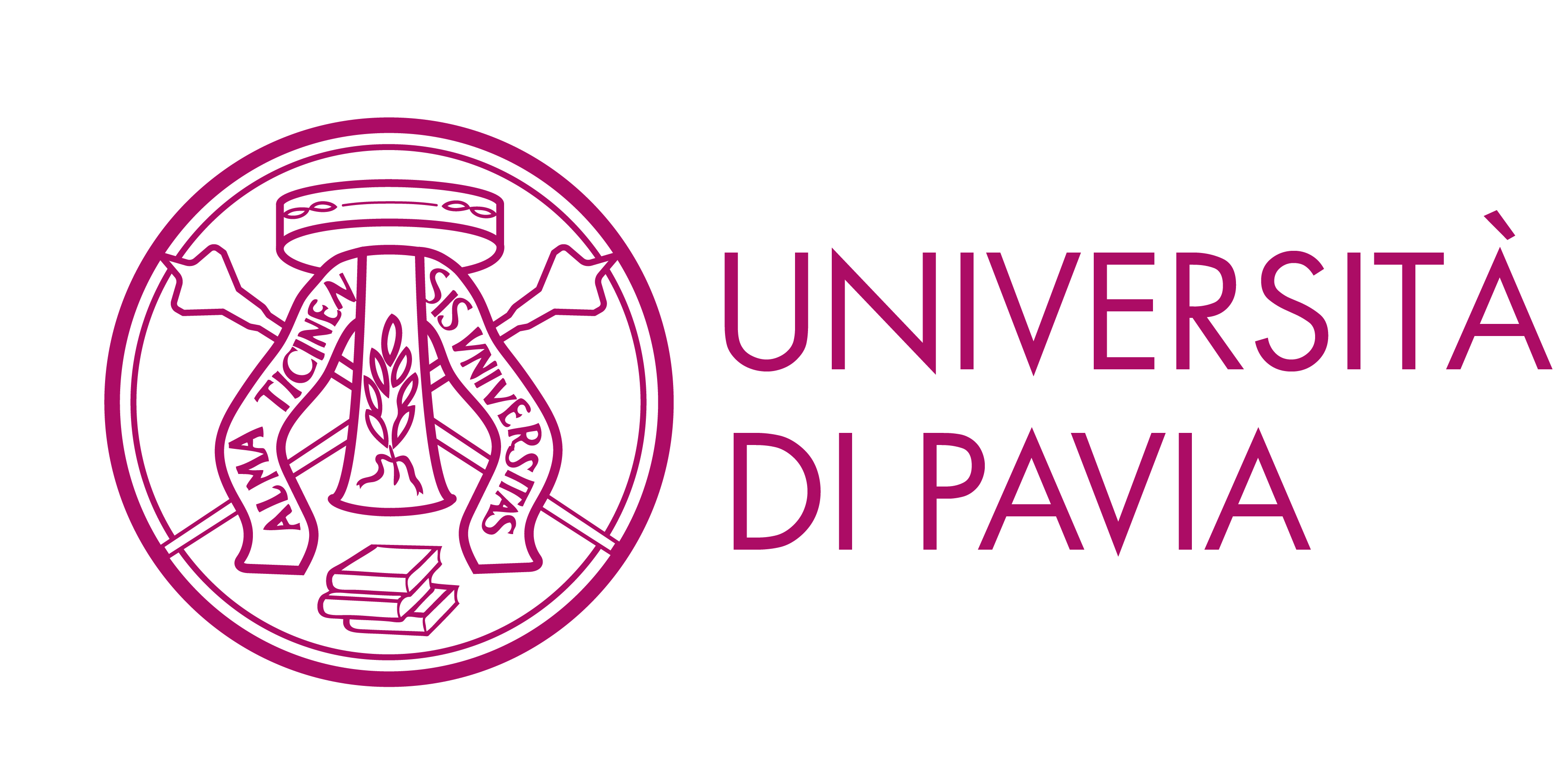Date: Wednesday 18 – Friday 20 June 2025
Accreditation: The course with a duration of 18 hours corresponds to 3 ECTS. Certificates of Completion are issued to students who fulfill the full 18-hour attendance requirement of the summer school programme.
Content: This specialised and interdisciplinary course addresses at an academic level the urgent and growing importance of clear, inclusive, and effective communication in English (a lingua franca or global language) in today’s interconnected world, emphasising its theoretical significance, cultural connotation, practical applications and societal impact. The main focus will be on Plain English and Easy English, which represent two differently-normed varieties of an accessible and recipient-oriented language.
Plain English ensures that specialized discourse is made accessible to non-experts. This prevents them from being excluded from critical information and interdisciplinary dialogue, and it is vital to ensure effective interdisciplinary communication and successful collaboration across different fields. Easy English, on the other hand, is a maximally understandable (and sometimes stigmatised) language variety, which plays a crucial role in promoting the social inclusion of people with intellectual difficulties, especially in areas that significantly impact their lives, such as healthcare, law and culture. During the summer school, Easy English will be introduced and employed both as an independent variety and as a preparatory means to facilitate comprehension of Plain English
The summer school offers an unprecedentedly comprehensive exploration of the history, development, status, (socio-)linguistic and pragmatic principles, textuality, research findings and writing strategies of Plain and Easy English. In doing so, it builds a bridge between theoretical knowledge and practical application for intersectoral dialogue and social inclusion, revealing the potential of a field of research that is still in its infancy. By demonstrating the moral and philosophical reasons for the English language’s pursuit of clarity —exemplified by initiatives such as the Plain English Campaign— the course will enable participants to understand the efforts made in Anglophone culture to promote clear communication, which is by no means a universal value.
